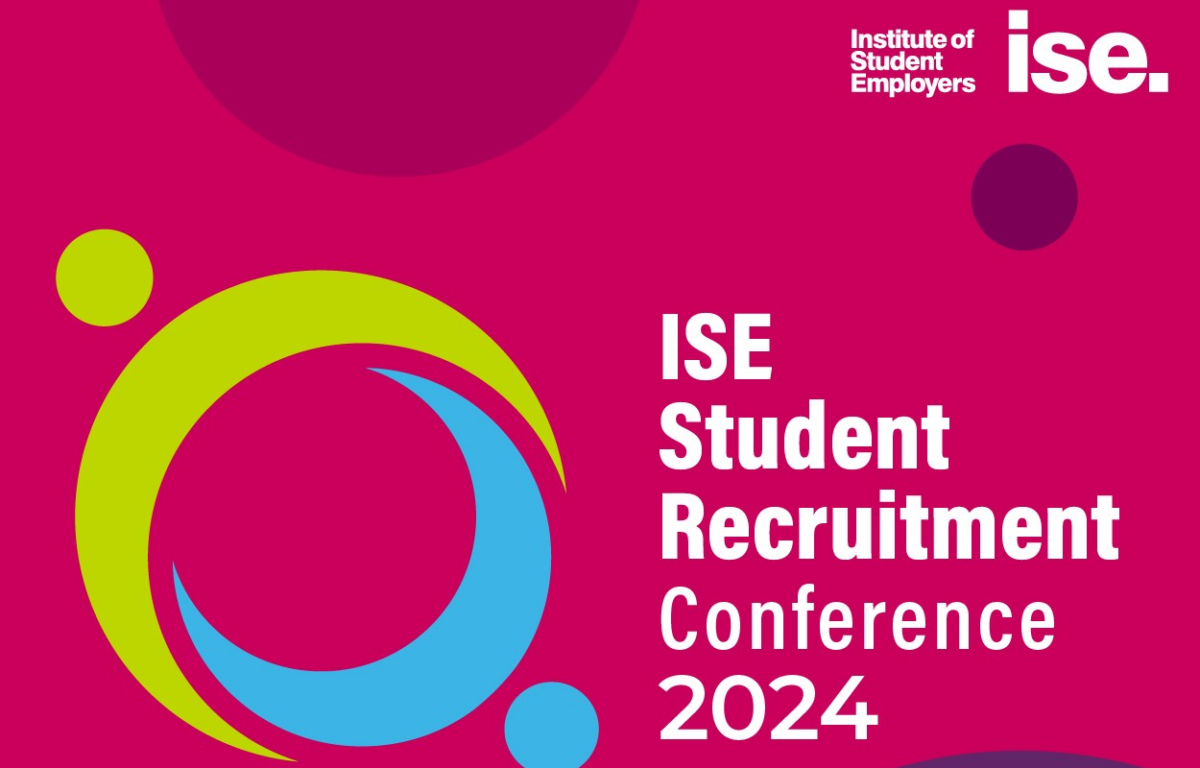Under-resourced schools and colleges call for employer collaboration on outreach, reports Institute of Student Employers

Time-poor and under-resourced schools and colleges want to see more employers collaborating on outreach to support students’ transition into work, reveals a new report launching today (21 February 2024) by the Institute of Student Employers (ISE).
ISE surveyed schools, colleges and employers across the UK to understand school outreach programmes and how they can be improved.
Forging Stronger Bonds: Redefining Employer-School Engagement for Tomorrow found an increasing appetite to do more school outreach activities and over 70% of employers are planning to invest further in 2024.
However, both educators and employers expressed limited time and resource to deliver them successfully.
Collaboration rather than competition among employers could provide a solution, with two thirds of schools and colleges and 82% of businesses calling for more employers to come together to deliver career activities either by sector, skill or career pathway.
This may be particularly important for non-university career routes. Schools and colleges reported a lack of student engagement in T-levels, apprenticeships and Higher Technical Qualifications, compared to university.
Schools and colleges want more mentoring, careers assemblies, skills workshops and support with CV writing and interviews. There was a preference towards in-person activities, during assembly or lesson time.
Collaboration could also be a solution to challenges around work experience provision. The majority (74%) of schools and colleges, and half of employers reported difficulty organising work experience, Common reasons were a lack of resources and time as well as a disconnect between supply and demand.
Third party partnerships and long-term employer relationships were highlighted as ways to make the process easier. Employers could also work together to deliver an experience that simulates working on a real-life project.
Georgia Greer, Head of Insights at ISE said:
“School outreach programmes are vital to ensure students’ transition into work successfully. They also help meet the recruitment, skills and diversity needs of employers.
“While both educators and employers are keen to invest more, they have similar challenges around committing the necessary time and resource to make activities successful. By joining forces, the process becomes more efficient, it also provides a richer experience for students. There’s no need to be a loan voice and there are existing models to follow such as career safaris and sector events.”
As well as the research findings, Forging Stronger Bonds: Redefining Employer-School Engagement for Tomorrow, offers advice and best practice examples.











Responses